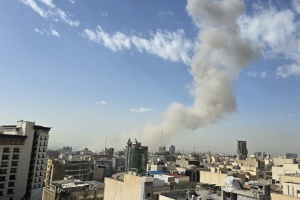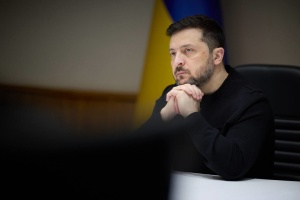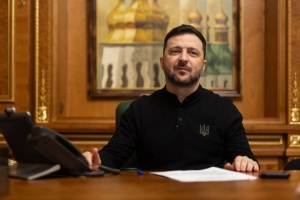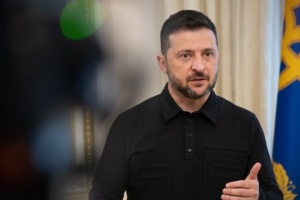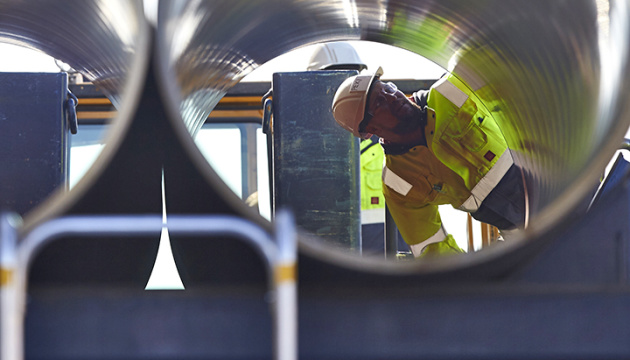
Gas trap for Europe: How the Kremlin tries to sow discord among EU countries
Russia seeks to pit EU countries against each other. To destabilize the political situation in the EU, it is actively using the gas lever.
In recent months, gas prices at European hubs have soared higher than ever. At present, the cost of a thousand cubic meters of fuel exceeds one thousand US dollars. During the past year, the price has grown by 400%, with the stock of gas in Europe being the lowest since 2011.
This is not about a free market. Most politicians, experts, and analysts see this as a game carefully planned by the Kremlin.
This, of course, is true, because Gazprom stubbornly refuses to increase transit, in particular through the Ukrainian gas transmission system. The Russian monopolist also refuses to enter into contracts with European consumers for gas volumes for subsequent periods. At the height of the crisis, the monopolist demonstratively reduced the supply through the Yamal-Europe gas pipeline by 4 times. Ostensibly due to scheduled maintenance. Europe seems to buy these stories for now.
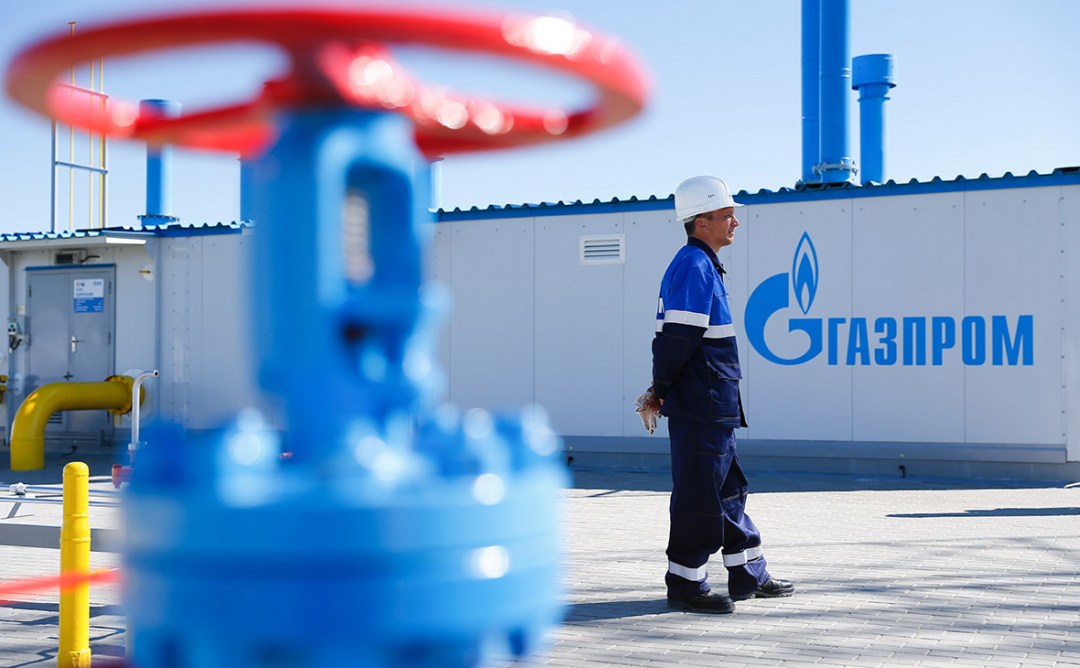
Putin's spokesman cynically said that the Europeans themselves are to blame: buy more, we will start increasing volumes. Gazprom itself reports on record gas production in recent years.
The Kremlin's propagandists are also hard at work, scaring Europe with stories of the cold winter with numerous deaths. The infamous Margarita Simonyan is already relaying the horrors of dozens of British retirees suffering from cold. The story of German emergency responders about the guidelines for home insulation is portrayed in a manner nothing short of apocalyptic. The Kremlin does little to conceal its blackmail: this is just the beginning, winter is coming.
But it would be wrong to see only pressure on Europe for faster certification of the Nord Stream 2 pipeline. The EU has its own regulations that take some time, and Russia understands this very well. The Kremlin's strategic goal is to force European countries to sign direct long-term contracts with Gazprom.
This is not so much a cost-effective move as a well-thought-out subversive political action of the Russian Federation. The first portent of this scheme was the 15-year agreement with Hungary to supply 4.5 billion cubic meters of gas per year bypassing Ukraine, which will cause considerable damage to Ukraine’s economic interests. Therefore, the Ukrainian authorities demand that the agreement be evaluated by the European Commission. The Hungarian leadership expressed dissatisfaction with the actions of official Kyiv, calling it “interference in internal affairs,” and summoned the Ukrainian ambassador to the local Foreign Ministry. Ukraine “mirrored” the action.
The economic component of Russia's actions is clear. While the issue of NS2 certification is being resolved, Russia is offering European countries a simple formula. Order our gas bypassing Ukraine on favorable terms, or it will become more expensive. Three years before the end of the gas transit contract, Ukraine is effectively deliberately removed from the list of reliable transit countries.
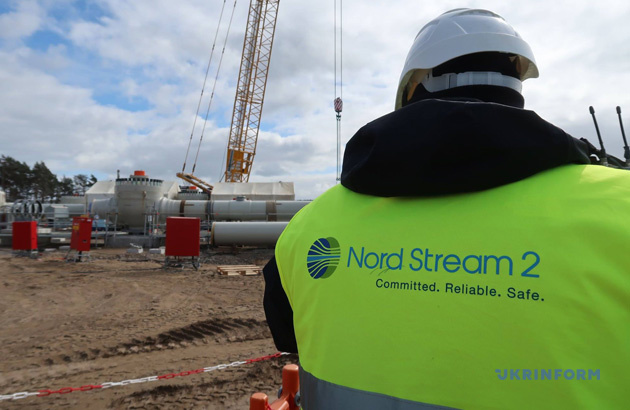
We are signaling this to all European institutions, but de jure it is difficult to make claims against the Kremlin. According to some security experts, Russia may even resort to sabotage the Ukrainian gas transmission system to discredit Kyiv. But economic strangulation still looks like a more “refined” step. Mockingly, the Kremlin has already offered direct gas supplies to Ukraine. This strategy is simple — if you do not want to freeze, cooperate.
In reality, the Kremlin's plan is much deeper than simply depriving Ukraine of part of its transit revenues. By concluding a contract with Hungary that benefits both countries during a frantic jump in prices for other European countries, Russia seeks to split the European Union.
It is obvious that the political forces financed by the Russian Federation in many European countries will begin to shake up the situation with a simple question. Why can Hungarians do it while our citizens are forced to overpay?
Destabilizing the situation and receiving geopolitical dividends from it is one of the main activities of the Russian Federation in a hybrid war against civilized democracies.
To divert attention from the main idea, the Kremlin is resorting to its traditional information diversions. For instance, through “experts” in the Western media, Russian resources spread a fake story that if gas transit through Ukraine was maintained, supplies through Poland would be suspended. They failed to set Ukraine and Poland against each other. Officials of both countries promptly refuted the misinformation, as gas is supplied to different regions of Europe through Ukrainian and Polish gas pipelines, and they do not duplicate each other.
The Kremlin's propaganda machine immediately generated a new fake: that the Minister of Energy of Ukraine allegedly officially announced to his German counterpart that the transit through the domestic gas transmission system would completely stop after the commissioning of Nord Stream-2.
First, there is no economic expediency in this: apart from the loss of funds from transit, the whole gas transmission system may end up on the verge of collapse.
Secondly, such a decision would cause huge reputational losses for the Ukrainian authorities.
Thirdly—and most importantly—during his visit to Europe, Minister Herman Halushchenko informed European Commissioner for Energy Kadri Simson about Kyiv's official position on the contract between Hungary and Gazprom to supply gas bypassing Ukraine. Among other things, Ms. Simson confirmed that the European Commission considered Ukraine a reliable transit country. So, this fake did not work as intended either.
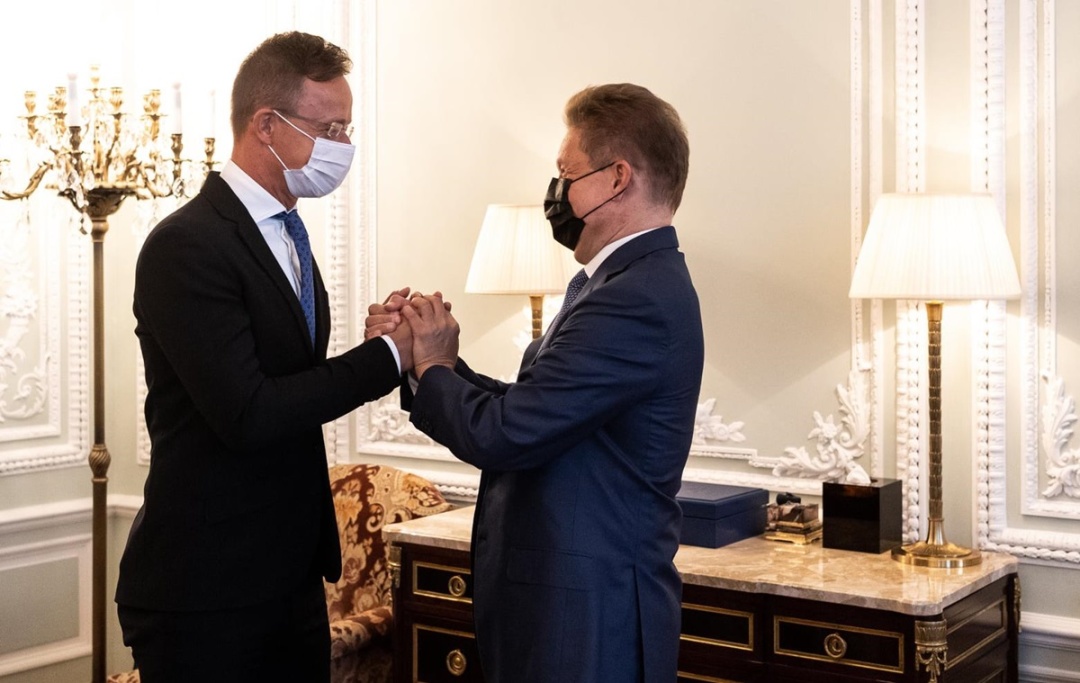
Russia, of course, will continue to blackmail, pressure, and destabilize the situation in Europe.
For its part, Ukraine systematically emphasizes to European countries the dangers of energy dependence on Russian gas. Facts show that Russia is deliberately hitting the economic interests of Europeans, undermining the unity and political stability of the EU, in particular through direct contracts with individual countries. The principle “divide and conquer” is evident.
It is still possible to oppose the Kremlin's plans in Europe. Ukraine and its European partners must act as a united front against Russia's aggressive plans. Only joint efforts can stop the Kremlin's onslaught. If they are divided, the proverbial bear may eat them one by one.
Center for Strategic Communication and Information Security

